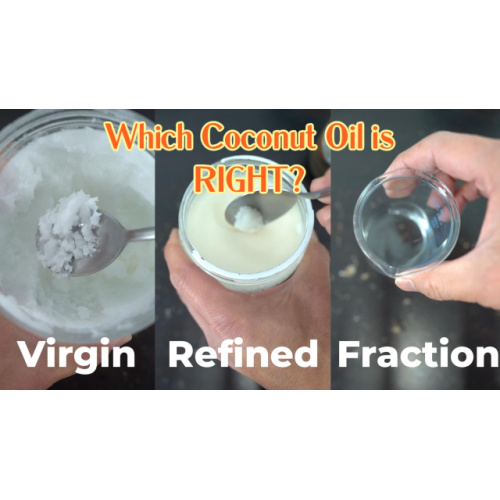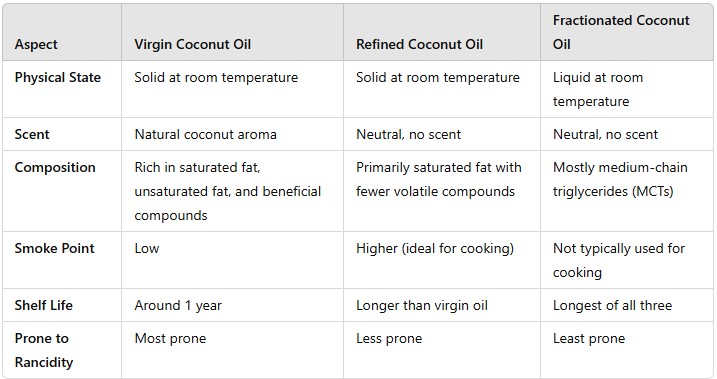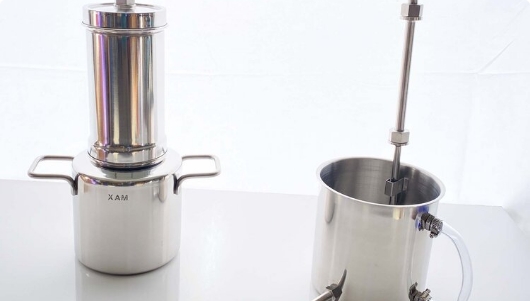How to Select the Perfect Coconut Oil

Coconut oil is a versatile and widely used product, but with three main types—virgin, refined, and fractionated—choosing the right one can feel overwhelming. Each type has unique characteristics that make it suitable for specific purposes. This guide will help you understand their differences and pick the best option for your needs.
Key Differences at a Glance
Here’s a quick comparison of the three types of coconut oil:

Which Coconut Oil Should You Choose?
1. For Skincare and Lotions
If you’re crafting lotions or other skincare products, fractionated coconut oil is your best option. It remains liquid at room temperature, ensuring a smooth, consistent texture that works well across various climates.
2. For Cooking
Refined coconut oil is the ideal choice for cooking. Its higher smoke point allows it to withstand high heat, making it suitable for frying, baking, and sautéing. Virgin and fractionated oils are less stable under high temperatures.
3. For Aromatic or Raw Uses
Love the tropical scent of coconuts? Virgin coconut oil retains its natural aroma and flavor, making it perfect for recipes, raw applications, or products where a coconut fragrance is desired.
4. For Long-Lasting Uses
If longevity and stability are priorities, go for fractionated coconut oil. It has the longest shelf life due to its high purity and resistance to oxidation. Virgin coconut oil, by contrast, is more prone to rancidity because of its unrefined nature.
A Closer Look at Composition
- Virgin Coconut Oil: Contains a mix of beneficial components, including about 80% saturated fat, 10% unsaturated fats like Omega 6 and 9, as well as vitamin E, polyphenols, and trace minerals. These elements make it highly nutritious but more vulnerable to oxidation and rancidity.
- Refined Coconut Oil: This oil undergoes processing to remove impurities and free fatty acids (FFAs), resulting in a more stable product with fewer nutrients but better longevity.
- Fractionated Coconut Oil: This type is further processed to isolate medium-chain triglycerides (MCTs), making it highly stable and liquid at room temperature.
Understanding Free Fatty Acids (FFA)
FFAs are naturally occurring in all plant oils, but higher levels indicate lower quality. Refined and fractionated oils are treated to reduce FFA concentrations, making them a better choice for long-term use and cooking.
Conclusion
Selecting the right coconut oil depends on how you plan to use it. For skincare and shelf life, choose fractionated oil. For cooking, go with refined oil. And if you’re after a natural aroma and nutrient-packed option, virgin coconut oil is your best bet.
Now that you know the key differences, you can confidently choose the coconut oil that suits your needs.





Responses